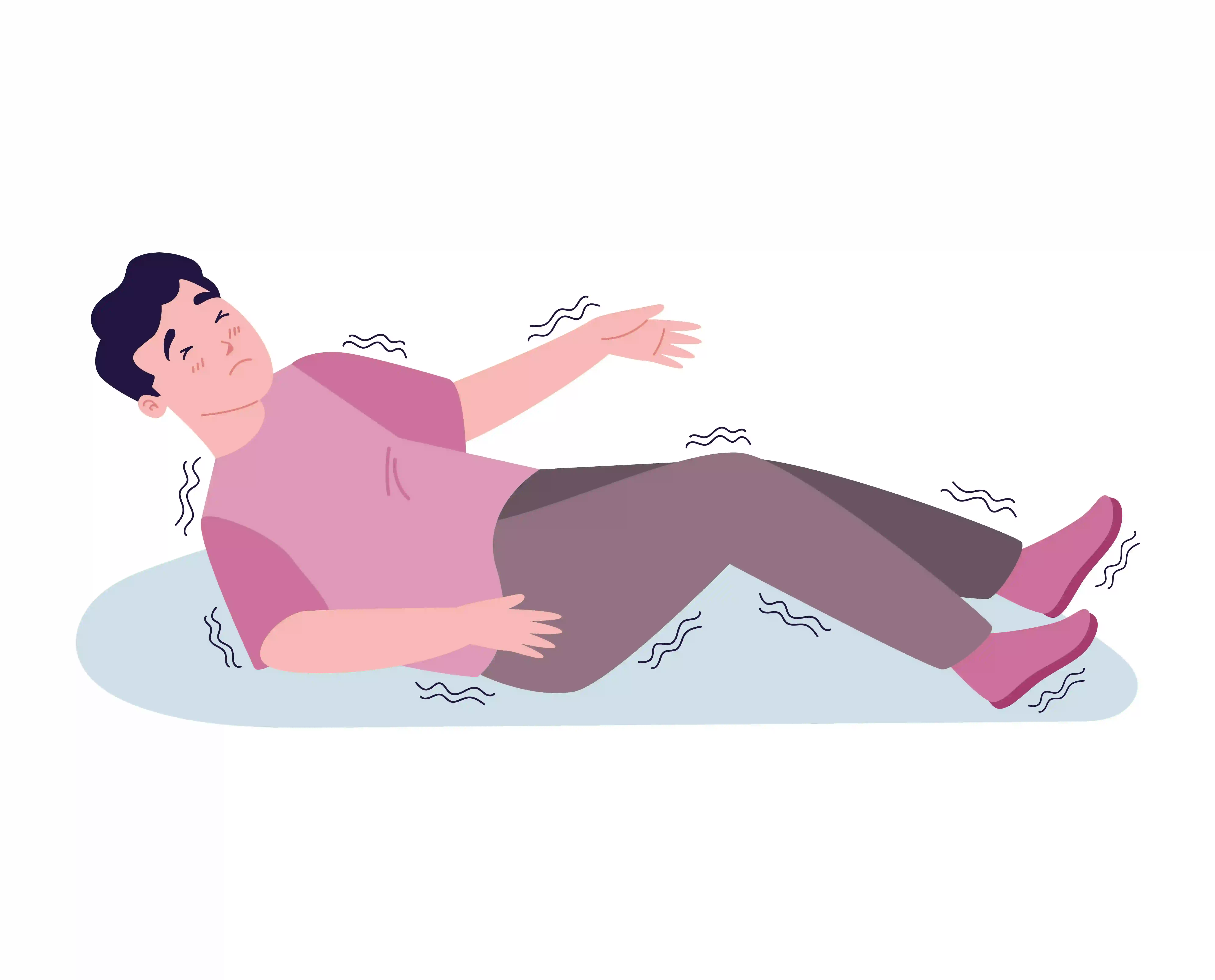Ever felt like your legs turned to jelly after climbing a flight of stairs? That's muscle fatigue kicking in. Millions deal with this daily - whether they're weekend warriors pushing through workouts or seniors struggling with everyday tasks. Your muscles simply can't deliver their usual power. Sometimes it's no big deal, other times it signals something more serious. The good news? Most muscle fatigue responds well to smart recovery tactics and preventive measures.
Key Takeaways
- Your muscles lose their punch when fatigued, making routine activities feel like climbing Mount Everest.
- Causes range from brutal gym sessions and skipping water breaks to serious health conditions like heart disease.
- Watch for weakness, soreness, and getting winded faster than usual - these red flags help you catch problems early.
- Recovery means strategic rest, eating right, staying hydrated, and sometimes calling in the pros for massage or physical therapy.
- Prevention works better than cure - gradual training increases, quality sleep, and listening to your body's complaints.
.webp)
What Is Muscle Fatigue?
What is muscle fatigue? Simple - your muscles can't punch with their normal strength. That morning jog feels harder. Carrying groceries upstairs becomes a workout. Your body's basically hitting the brakes.
Two different problems cause this. First, stuff goes wrong inside the actual muscle fibers. Waste products build up, energy runs low, and the whole system starts sputtering. Second, your brain and nerves stop sending strong signals to muscles. It's like having a weak cell phone connection.
Don't confuse this with muscle weakness or just feeling wiped out. Weakness means something's damaged or diseased - muscles genuinely can't work properly. Being exhausted affects your whole body and motivation. Muscle fatigue? That's purely mechanical. Your engine's running rough but not broken.
Here's the thing - muscle fatigue actually protects you. Your body forces a slowdown before you tear something important. When muscle and joint pain with fatigue show up together, that's your cue to back off and rest.
What Causes Muscle Fatigue?
Lots of things gang up to cause muscle fatigue. Exercise leads the pack, especially when you bite off more than you can chew.
Common Exercise Triggers:
- Brutal workouts that drain your gas tank completely
- Jumping back into training too soon
- Lousy form that wastes energy on wrong movements
- Going hard every single day without breaks
But exercise isn't the only villain. Skip water and your muscles start complaining fast. Miss sleep and you're asking for trouble since that's when growth hormone does its repair work.
Health Problems That Cause Muscle Fatigue:
- Chronic fatigue syndrome that never seems to quit
- Heart troubles that starve muscles of oxygen
- Nerve problems messing up the signals
- Diabetes throwing your energy systems out of whack
Prescription drugs sometimes cause problems too. Cholesterol medications, blood pressure pills, and mood medications can all make muscles feel sluggish. Getting older doesn't help since you lose muscle mass naturally.

Spotting Muscle Fatigue Symptoms
Muscle fatigue telegraphs its arrival pretty clearly. Your usual strength just isn't there anymore. Simple tasks suddenly feel like serious work.
Regular activities get harder. Lugging laundry upstairs winds you. Opening stubborn jars becomes impossible. You quit workouts earlier than normal.
Red Flags That Need Medical Attention:
- Intense pain plus weird urine colors (think dark tea or cola)
- Bone-deep tiredness that exercise didn't cause
- Sudden weakness in muscles that worked fine yesterday
- Can't handle basic stuff like getting dressed
Physical symptoms tag along with the weakness. Muscles ache anywhere from mildly annoying to seriously painful. Your hands might shake during activities. Cramps sneak up after hard work or when you're dehydrated.
Mental fog creeps in too. Stuff you used to love doing seems like too much effort. That's your body waving white flags.
Recovery Methods That Work
Bouncing back from muscle fatigue takes a multi-pronged attack. Research backs up several approaches that actually work instead of just sounding good.
Light movement beats sitting around like a lump. Easy walks, gentle pool time, or slow bike rides keep blood moving without beating up tired muscles further.
Nutrition That Speeds Recovery:
- Get 20-40 grams of good protein within 2 hours of exercise
- Load up on inflammation-fighting foods - berries, salmon, dark leafy stuff
- Refuel with smart carbs from whole grains and fresh fruit
- Try tart cherry juice for natural inflammation control
Physical treatments deliver real relief. Massage loosens tight spots and gets circulation humming. Heat therapy melts tension and improves blood flow. Ice therapy knocks down swelling and numbs pain.
Foam rolling puts recovery in your own hands. Science shows it cuts soreness and helps you move better. Work the big muscle groups for 30-60 seconds each. Don't go crazy with pressure.
Sleep fixes almost everything. Shoot for 7-9 hours nightly in a cool, dark cave. Your muscles do their best repair work while you're out cold.
When to Call for Backup
Sometimes muscle fatigue needs professional intervention. Don't tough it out when expert help could get you back on track faster.
Physical therapy works wonders for stubborn muscle fatigue. These folks spot movement problems you'd never notice and build exercise programs that actually make sense. They'll teach you proper body mechanics and provide hands-on treatment.
Daily tasks getting impossible during recovery? A personal care assistant can be worth their weight in gold. They help maintain your independence while muscles get the downtime they desperately need.
Professional Backup Options:
- Physical therapists who understand movement and exercise science
- Nutritionists who know which foods actually help recovery
- Massage therapists trained in therapeutic techniques
Specialized medical equipment sometimes helps too. Compression gear boosts circulation. Other devices tackle pain and speed up healing processes.
.webp)
Heading Off Muscle Fatigue
Prevention crushes treatment every time. Smart strategies build tougher, more resilient muscles that laugh at fatigue.
Start small and build gradually. Jumping into intense training guarantees fatigue and injuries. Muscles adapt slowly - rushing just backfires.
Always warm up before exercise and cool down after. Light movement beforehand gets everything ready for action. Gentle activity afterward helps clear out cellular garbage.
Build rest days into your schedule like they're sacred. Don't treat recovery as weakness or wasted time. Pay attention when your body starts sending warning signals and actually listen to them.
















.webp)




.webp)


